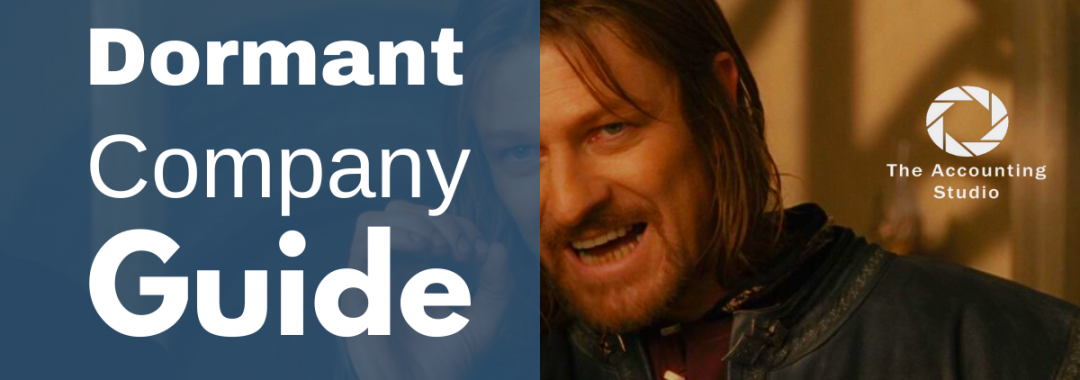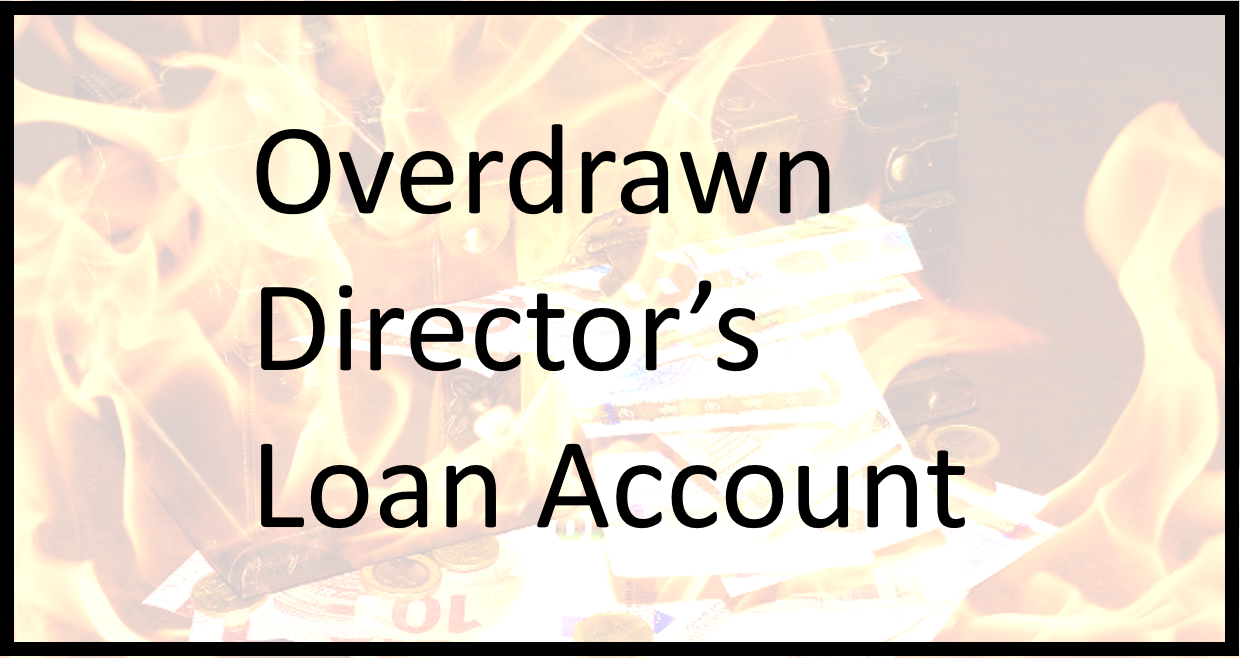As a director of a limited company, it’s crucial to understand your role and responsibilities. In this article, we’ll provide you with a comprehensive guide to help you gain a better understanding of your position within a limited company.
What is a Director of a Limited Company?
A director of a limited company is an individual who is employed by the company and has a clear distinction from a shareholder. While a shareholder owns part of the company based on the amount of shares they hold, a director is responsible for the day-to-day management of the company. In a personal service company (PSC), the director is usually the sole director and shareholder.
A limited company is a separate legal entity with its own constitution and articles of association that specify the powers granted to a director and the purpose of those powers.
The Responsibilities of a Director
As a director, it is your responsibility to act in the best interests of the company at all times. Companies House describes this as ‘promoting the success of the company’. While there are no formal qualifications or special skills required to become a company director, you must meet the seven statutory duties set out in the Companies Act 2006, the company’s articles of association, and any service contract put in place between you and the company. These duties are as follows:
- Act only in accordance with the powers included in the company’s constitution and articles of association.
- Make decisions for the benefit of the company and not yourself, promoting its success at all times.
- Exercise independent judgement in all decision-making.
- Exercise reasonable care, skill, and diligence, as expected of someone in your position.
- Avoid or declare any conflict of interest.
- Avoid the acceptance of benefits from third parties or using your position to make private profits.
- Declare an interest in a proposed transaction or arrangement with the company before it enters into such a transaction.
Day-to-Day Management Duties of a Director
The day-to-day management of a company is delegated to the directors by its shareholders. However, the company may employ people to help carry out these tasks, such as a company secretary, accountant, or tax specialist.
It’s important to understand terms such as the ‘Accounting Reference Date’ and ‘Accounting Period’. Companies House sets the Accounting Reference Date when a company is first incorporated, and the first Accounting Reference Date is the last day of the month in which the first anniversary of incorporation falls. The Accounting Period is given by HMRC for your Company Tax Return and payment of Corporation Tax, and usually ends on your Accounting Reference Date.
As a director, your responsibilities include ensuring the company is registered for and pays its taxes, submitting an annual Confirmation Statement to Companies House, filing the company’s annual financial statements with Companies House within nine months of the company’s accounting period ending, and paying Corporation Tax due on the company’s profits to HMRC within nine months and one day of the accounting period ending.
Conclusion
In conclusion, as a director of a limited company, it’s important to understand your role and responsibilities. Make sure you meet the seven statutory duties and delegate the day-to-day management duties to other professionals. By doing so, you’ll ensure the success of your company and avoid any legal issues. For more information on starting and running a limited company, check out all of our relevant articles.








